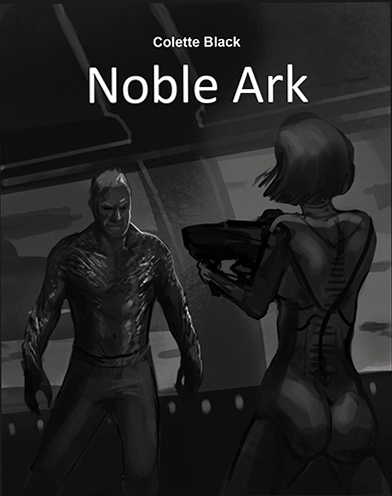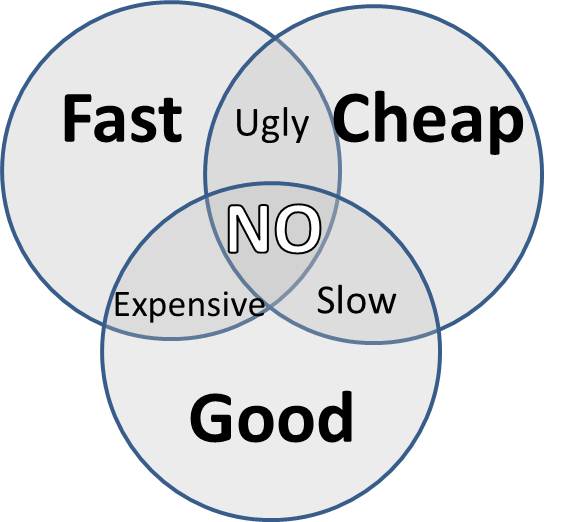Let me tell you a secret. My name isn’t actually Nathan Barra. I chose to write under a pen name for two reasons. First, I work in a very conservative industry, and have written several internal and external publications under my real name. I’m worried that publishing fiction under my true name would damage my credibility in my day job. Second, I consider my name to be unGooglable. Pretty much everyone I have ever had read my name has mispronounced it, and anyone I have tried to dictated to has misspelled it. In this day of search bars in social media, that is unacceptable.
Regardless of your reason, picking the right name is an art. These days, authors sell themselves as much as they sell their books. So, if you’re going to take the time to choose a pen name, what does it take to choose a good one?
5. A good pen name is multilingual.
With the Internet and the global economy, an author’s words are no longer limited to a local geo-market. Something written on one continent can and likely will be sold on the others. Therefore, it behooves the author to pick a name that is easily pronounceable in most major linguistic families. Go to translate.google.com, type “His name is…” and listen to how the name is pronounced in a bunch of different languages. Is it still comprehendible, or even better, similar?
4. A good pen name matches the brand.
Authorial brands are built on names, so the name must fit within the brand the author is trying to establish. For example, in urban fantasy, where I like to read and write, many authors have two part names. Examples include Jim Butcher, Richelle Mead, Patricia Briggs, Larry Correia, and Jennifer Estep. I too chose a two part name to help me fit in and make it easier to design a cover that is clearly urban fantasy.
3. A good pen name is memorable.
John Jacob Jingleheimer Schmidt would make a lousy pen name for many reasons. Without the tune, I can’t remember it, and in fact had to Google the end of the name and the spelling’s. Though most publishers try to avoid it, there are still a number of books with the same or similar titles, only distinguishable by who wrote them. When someone recommends a book, they often will be recommending the author simultaneously. How can they do that if they don’t remember the name?
2. A good pen name is easy to spell.
The biggest problem with my real name is that even after shortening it, I’ve had it misspelled and mispronounced countless times. In this day of online retailers, search engines and social media, a name that is easy to spell is essential. I need someone to be able to search me, friend me, tweet me, and find me on Amazon. I chose Nathan because there aren’t variations on that name. Barra is a bit riskier, as it can be spelled with one r or two, but in the end, the name is still simple enough that I don’t think it’ll be much of a problem.
1. A good pen name does not already have an online presence.
When I was choosing my pen name, I did a search to ensure two things. First, I made sure that NathanBarra.com was available, which it was. Then, I searched to ensure that there weren’t too many Nathan Barras on Facebook, Twitter and Amazon. Facebook had the most, but none of them seem to be particularly active in writing circles. The last thing I would want is for someone to search for me, and then find some other Nathan Barra talking trash and making me look bad. These days, a strong online presence is essential. This doesn’t look like it’s going to change.


